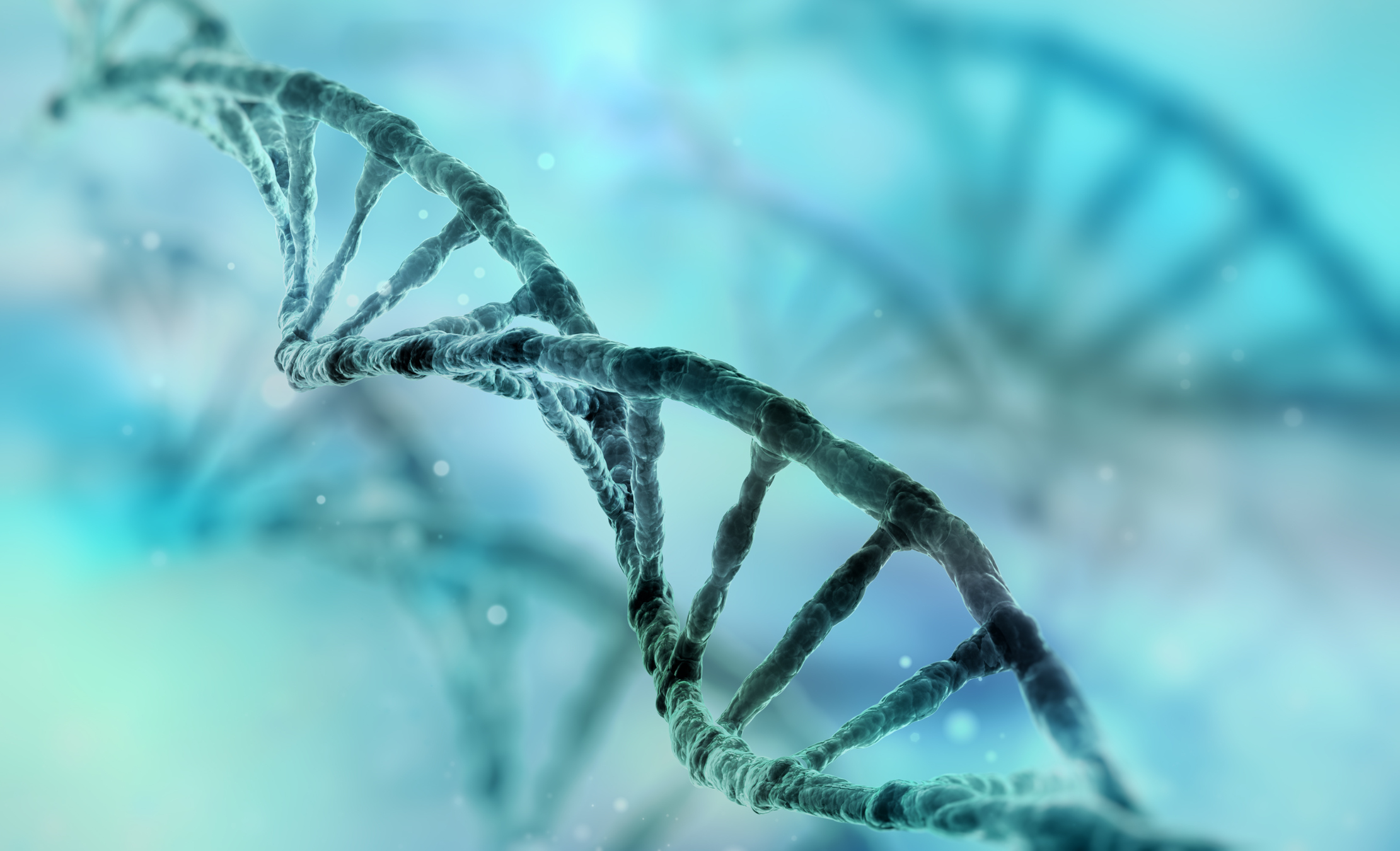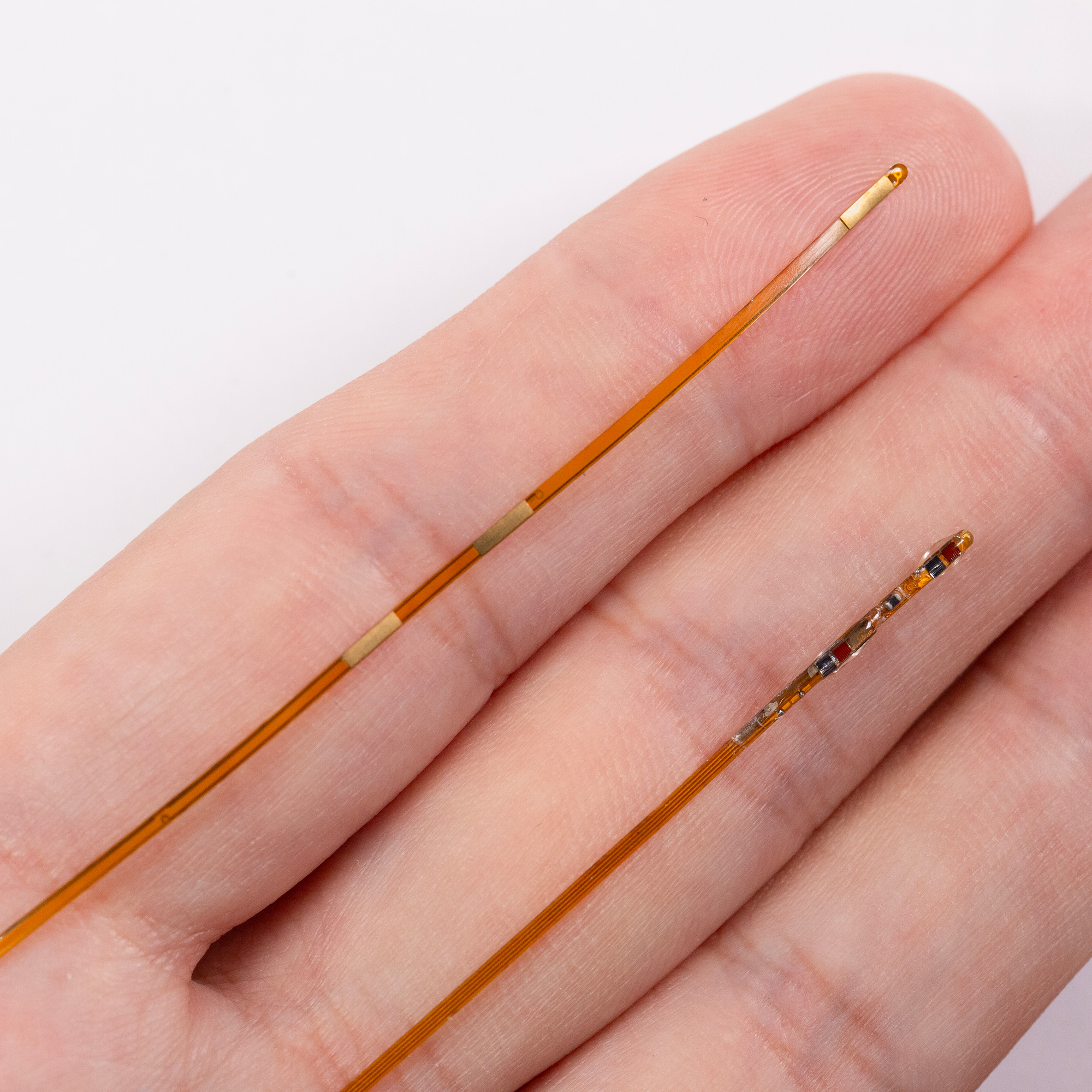Year: 2018
-

Antibodies May Predict Transplant Rejection Risk
The presence of certain antibodies in patients may suggest a higher risk of transplant rejection across multiple organ types, according to a study published in PLOS Medicine.
-

Common Antimicrobial May Raise Risk of Colon Disease
Triclosan, a common antimicrobial used in toothpastes and other products, may raise the risk of gut inflammation and colorectal cancer, according to a preliminary animal study.
-

Understanding the Epigenetics of Sex Determination
A team of scientists has identified a key enhancer of Sox9 — a gene critical for male sex development — and demonstrated that deleting the enhancer results in male-to-female sex reversal in animal models.
-

Increased Cell Recycling Could Treat Aging-Related Conditions
Enhancing autophagy, the system that recycles old or dysfunctional cells, could have therapeutic effects in a variety of aging-related diseases, according to a pair of Northwestern Medicine studies.
-

Regenerative Bandage Accelerates Healing in Diabetic Wounds
A new device called a regenerative bandage, developed by Northwestern scientists, quickly heals hard-to-treat diabetic wounds and sores without using drugs.
-

Medical Students Shadow Nurses to Build Teamwork, Communication Skills
During the Nursing Role Learning Experience, third-year medical students shadow nurses to better understand the role of nurses in patient care, and how to communicate together as a team.
-

Smoke-Free Policies Linked to Lower Heart Disease Risk
Laws banning smoking at workplaces and other public places are associated with a significantly lower risk of cardiovascular disease, according to a new study.
-

Mitochondrial Dysfunction Contributes to Kidney Disease
Lack of a receptor regulating mitochondrial metabolism was linked with kidney dysfunction including kidney disease, according to a recent study.
-

Rare Bacteria Boosts Immunotherapy in Prostate Cancer
A unique bacterial strain isolated from a patient with pelvic pain could be the key to treating prostate cancer with immunotherapy, according to a study published in Nature Communications.
-

$65 Million Launches Lakeside Discovery LLC to Provide Tomorrow’s Solutions in Healthcare
Along with Deerfield Management, Northwestern has announced a $65 million investment and the launch of Lakeside Discovery, LLC, with the mission to accelerate the translation of transformative biomedical technologies.






